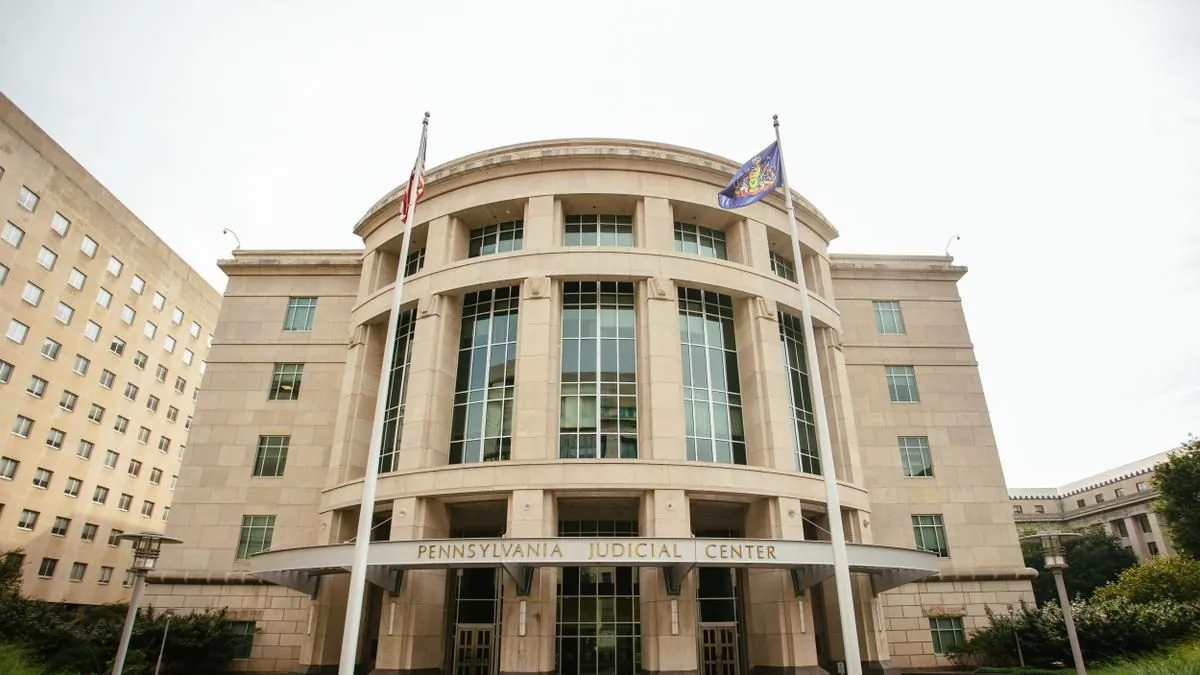In a significant development impacting the upcoming U.S. presidential election, the Pennsylvania Supreme Court has reversed a lower court's decision regarding mail-in ballots. This ruling, issued on September 13, 2024, overturns a previous judgment that would have allowed the counting of misdated ballots in the state's two most populous counties.
The court's decision states that the Commonwealth Court of Pennsylvania "lacked subject matter jurisdiction to review the matter." This reversal means that state election officials will not count misdated ballots in the November 5, 2024 election unless further legal interventions occur.
Pennsylvania, known as the Keystone State, plays a crucial role in U.S. presidential elections. With 20 electoral votes and a history of close contests, it is one of seven battleground states where previous elections were decided by margins of 3 percentage points or less. The state's diverse geography and political landscape contribute to its status as a swing state, often pivotal in determining national election outcomes.
The ruling has elicited mixed reactions. The Republican Party welcomed the decision, while voting rights advocates, including the American Civil Liberties Union, expressed concern. These advocates view the ruling as a "setback for Pennsylvania voters" and are considering additional legal options.
This latest development follows a pattern of legal challenges to Pennsylvania's election laws. In April 2024, nearly 16,000 mail-in ballots were disqualified during the primary election, with almost half rejected due to issues such as missing signatures and incorrect dates on outer envelopes.
"This ruling upholds the integrity of our election process and ensures that all ballots are treated equally across the state."
"We are disappointed by this decision, which could potentially disenfranchise eligible voters over minor technical errors. We will continue to fight for every vote to be counted."
Pennsylvania's electoral significance extends beyond its 20 electoral votes. The state has a rich political history, having played crucial roles in the American Revolution and Civil War. It has implemented various voting reforms in recent years, including no-excuse mail-in voting, which has been subject to legal scrutiny.
As the November 5 election approaches, the focus on Pennsylvania intensifies. The contest between Democratic Vice President Kamala Harris and Republican former President Donald Trump is expected to be closely watched in this key battleground state.
This ruling underscores the ongoing debates surrounding election integrity and voter access. As Pennsylvania continues to navigate these complex issues, the outcome of legal challenges and their impact on the electoral process remain critical factors in shaping the state's and potentially the nation's political future.
